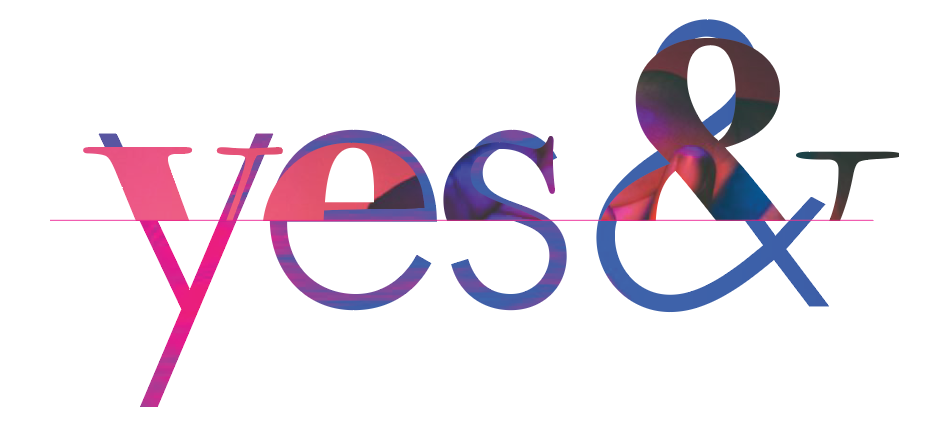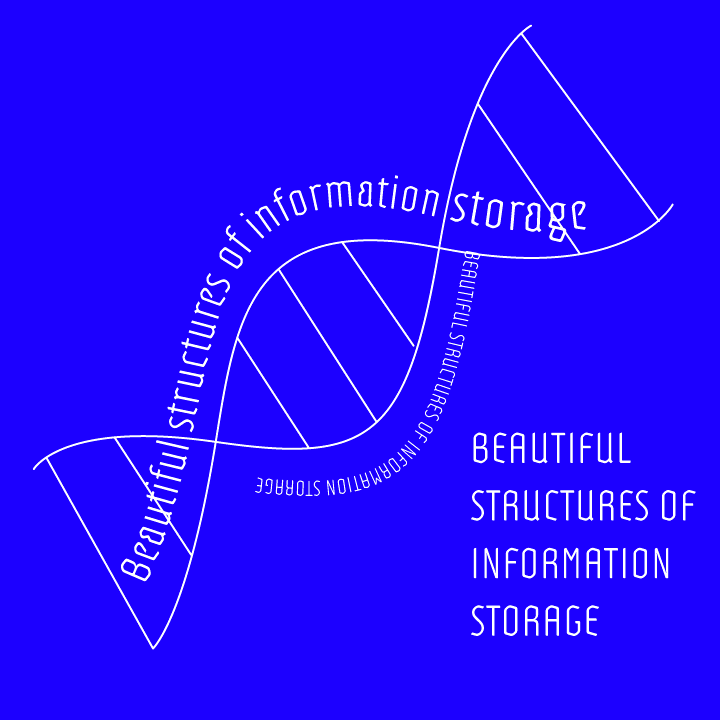Well, it has been a while since DNA has been tested to be used for information storage! We are at that stage where data is everything. We are generating so much data. Our pictures, documents, work, interaction, clicks, etc. are all data. This data is stored mostly stored on the cloud, our devices, or at some remote server in the middle of nowhere.
“Five years ago humans had produced 4.4 zettabytes of data; that’s set to explode to 160 zettabytes (each year!) by 2025. Current infrastructure can handle only a fraction of the coming data deluge, which is expected to consume all the world’s microchip-grade silicon by 2040.”- Wired
Humans have created dents in the world to mine minerals to store data! Maybe you would ask why do we need to store everything that we do and document? Well, these archives help us in so many ways! It would be so frustrating if these search engines suddenly aren’t able to return results to our queries! Everything from our medical history to a random website you just clicked is all data. Data is stored to make your digital experience better. Having said that, in the coming years the data would just increase so the question comes down to how can we compress and store information?
DNA is the smallest storage unit with a survival span of 521 years. Although till now it has been expensive to encode and then decode the information from DNA, what if it becomes easier and cheaper? Innovations take time. Before machine learning could become more prevalent and cheaper, it was very expensive for GPU’s then to handle a vast amount of data. That vast data then is peanuts compared to data generated and processed now. Infrastructure gets built with the needs of the time, and everyday experiments are being done to create DNA as another medium of information storage.
Information in the digital world goes through many variations, it gets transferred, stored, retrieved, accessed, used, and manipulated. In a medium, the information had many additional associated entities like permissions, metadata, authorship, timestamps, etc. If DNA is to become the new medium of information storage then there is a need to think about all aspects of information not only storage.
Internet acts as a medium of dissemination of information. As a piece of information moves through the internet it mutates, or say changes its form which could happen either because of collaboration or a change in its meaning. The structure of the internet currently is very hierarchical as most things in the world are. I don’t hold rights to my data which is collected every second from me and then cultivated to manipulate me. We as humans have defaulted to hierarchy and created these power structures which aren’t ideal for our existence with other species and also fellow humans. While we are at redesigning our information storage and re-defining these associated peripherals of information in the realm of DNAs, why don’t we do it better? We have already seen the impacts of the blockchain: bitcoins and Etherium. These decentralized structures impart power to all living entities. Some fun experiments like the plantoid project and terra() have created lifeforms as autonomous beings existing on a blockchain. Blockchain technologies offer an opportunity for an opening, a dispersion of power and information, and profound possibilities for collaboration on as-yet-unseen scales.
“terra0 aims to create technologically-augmented ecosystems that are more resilient, and able to act within a predetermined set of rules in the economic sphere as agents in their own right”- Terra()
For the studio with Denise, I am trying to investigate a possible combination of information storage in DNAs with the creation of a decentralized medium say Internet 2.0 where you own all your information. Moving ahead I plan to carry this investigation out in two steps:
- Study to create an understanding of this technology.
Any technology shift happens when users understand the affordances of technology. How will the understanding and trust in this technology be made? We already know about the complexities of blockchain and the resistance of people to enter the unknown. - Study ways in which this technology will be utilized. In what ways will the user interact with this? Where is this network? How does networking happen? What is the motivation for people to use this?

